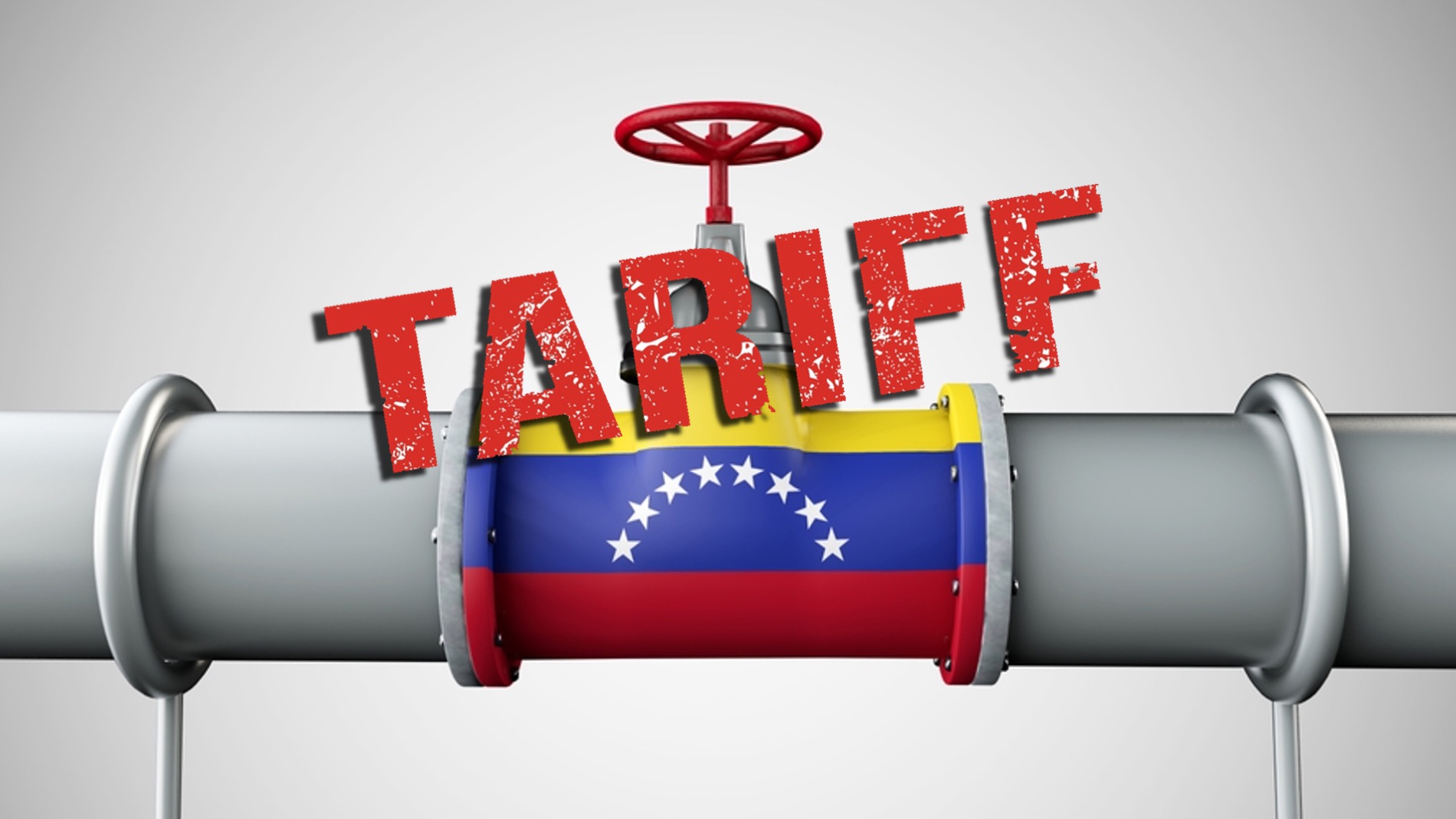The Parsi community in Pakistan, once thriving with around 20,000 members two decades ago, now faces a stark decline, reduced to approximately 900 individuals primarily residing in Karachi. This significant drop raises questions about the community's future and reflects broader sociopolitical trends within Pakistan.
A Gated Community and Aspirations AbroadThe Parsi community, known for its affluence and high educational levels, has increasingly turned to migration as a solution to the challenges they face at home. Young members like Alicia Amra, a film student living in a gated colony, express aspirations to study abroad and potentially settle in countries with more liberal environments. Alicia's sentiments are echoed by many who feel constrained by the conservative norms of the Muslim-majority society in Pakistan, seeking instead the freedom to express themselves and live without the daily challenges posed by urban life in Karachi.
A Gated Community and Aspirations Abroad
The Parsi community, known for its affluence and high educational levels, has increasingly turned to migration as a solution to the challenges they face at home. Young members like Alicia Amra, a film student living in a gated colony, express aspirations to study abroad and potentially settle in countries with more liberal environments. Alicia's sentiments are echoed by many who feel constrained by the conservative norms of the Muslim-majority society in Pakistan, seeking instead the freedom to express themselves and live without the daily challenges posed by urban life in Karachi.
Historical Context and Current Challenges
Historically, the Parsis were integral to Karachi's shipping and hospitality sectors, but the community now grapples with the realities of a changing Pakistan. The crumbling colonial-era buildings in Karachi symbolize a once-thriving community that is now struggling to adapt amidst political instability, security concerns, and economic difficulties. For many young Parsis, the decision to leave is complicated by familial ties; while they seek opportunities abroad, the health and well-being of their aging relatives often keep them anchored to their homeland.
The Quest for Connection
The Parsi faith, one of the oldest in the world, poses particular challenges for its adherents. With strict prohibitions against conversion and limited acceptance of interfaith marriages, the likelihood of finding a Zoroastrian partner in Pakistan diminishes further. In contrast, the Parsi diaspora abroad—particularly in countries like Canada, Australia, the UK, and the US—offers greater opportunities for connection and partnership. With a notable concentration of Zoroastrians in Toronto, the prospects of finding a compatible partner are significantly higher for those willing to migrate.
A Broader Trend of Migration
The migration of skilled individuals from Pakistan is not exclusive to the Parsi community. Recent statistics reveal an alarming trend, with the number of highly skilled Pakistanis seeking employment abroad more than doubling from 20,865 in 2022 to 45,687 in 2023. This reflects a broader exodus of talent in response to a challenging domestic environment, characterized by political uncertainty and economic struggles.
Conclusion: An Uncertain Future
As the Parsi community in Pakistan continues to dwindle, the future remains uncertain. The desire for a better quality of life, combined with the appeal of more liberal societies abroad, drives many away from their homeland. The historical significance of the Parsi community, once a vibrant pillar of Karachi's society, now faces the threat of extinction if current trends continue. The migration of young Parsis not only signifies a personal quest for fulfillment but also poses a critical question about the preservation of their culture and identity in a rapidly changing world.
What's Your Reaction?















